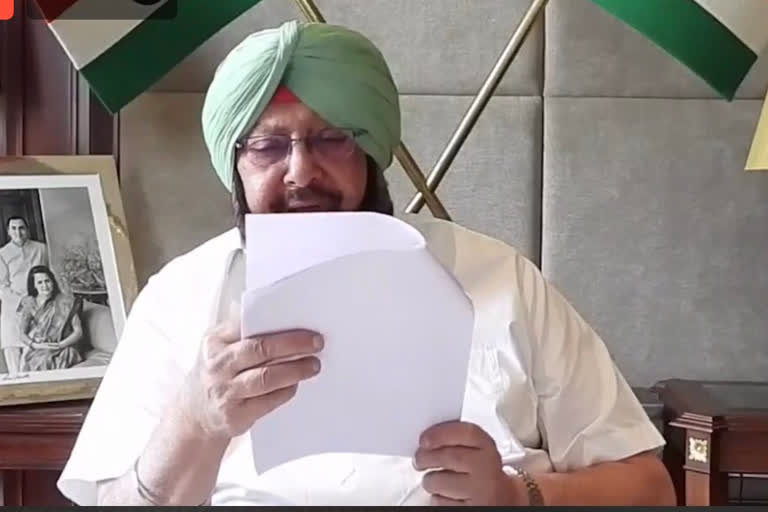Chandigarh: Punjab Chief Minister Captain Amarinder Singh has written to Prime Minister Narendra Modi seeking his intervention to not permit Geographical Indication (GI) tagging of Basmati to Madhya Pradesh in the larger interest of Punjab and other states which have already Basmati GI tagged.
Apart from Punjab, other states which already have GI tagging for Basmati are Haryana, Himachal Pradesh, Uttarakhand, Delhi, Western Uttar Pradesh, and selected districts of Jammu and Kashmir.
Also read: 3 held for rape and attack on 75-year-old lady in Kerala
Noting that All India Rice Exporters Association is also vigorously opposed to considering any claim of MP for GI tag of Basmati, raising concerns about its serious negative impact on Indian export potential, the Chief Minister noted that India exported Basmati to the tune of Rs. 33,000 crore every year, but any dilution in the registration of Indian Basmati may give advantage to Pakistan (which also produces Basmati as per GI tagging) in the international market in terms of Basmati characteristics, quality parameters.
In his letter to the Prime Minister, Singh explained the economical and social importance of GI Tagging and also saying how GI tagging of MP Basmati would negatively impact the state’s agriculture and also India’s Basmati exports. Madhya Pradesh has sought inclusion of its 13 districts for GI tagging of Basmati.
Urging PM Modi to direct the concerned authorities not to disturb the status quo in this matter, the Chief Minister said this was essential for safeguarding the interests of farmers and Basmati exporters of India.
As per the geographical indications of Goods (Registration and Protection) Act 1999, "Geographical indication tag can be issued for agricultural goods that are originating in the territory of a country, or a region or locality in that territory, where a given quality, reputation or other characteristics of such goods is essentially attributable to its geographical origin.
